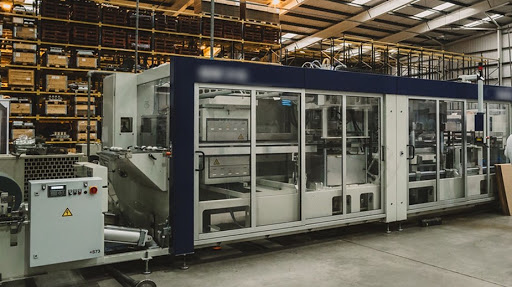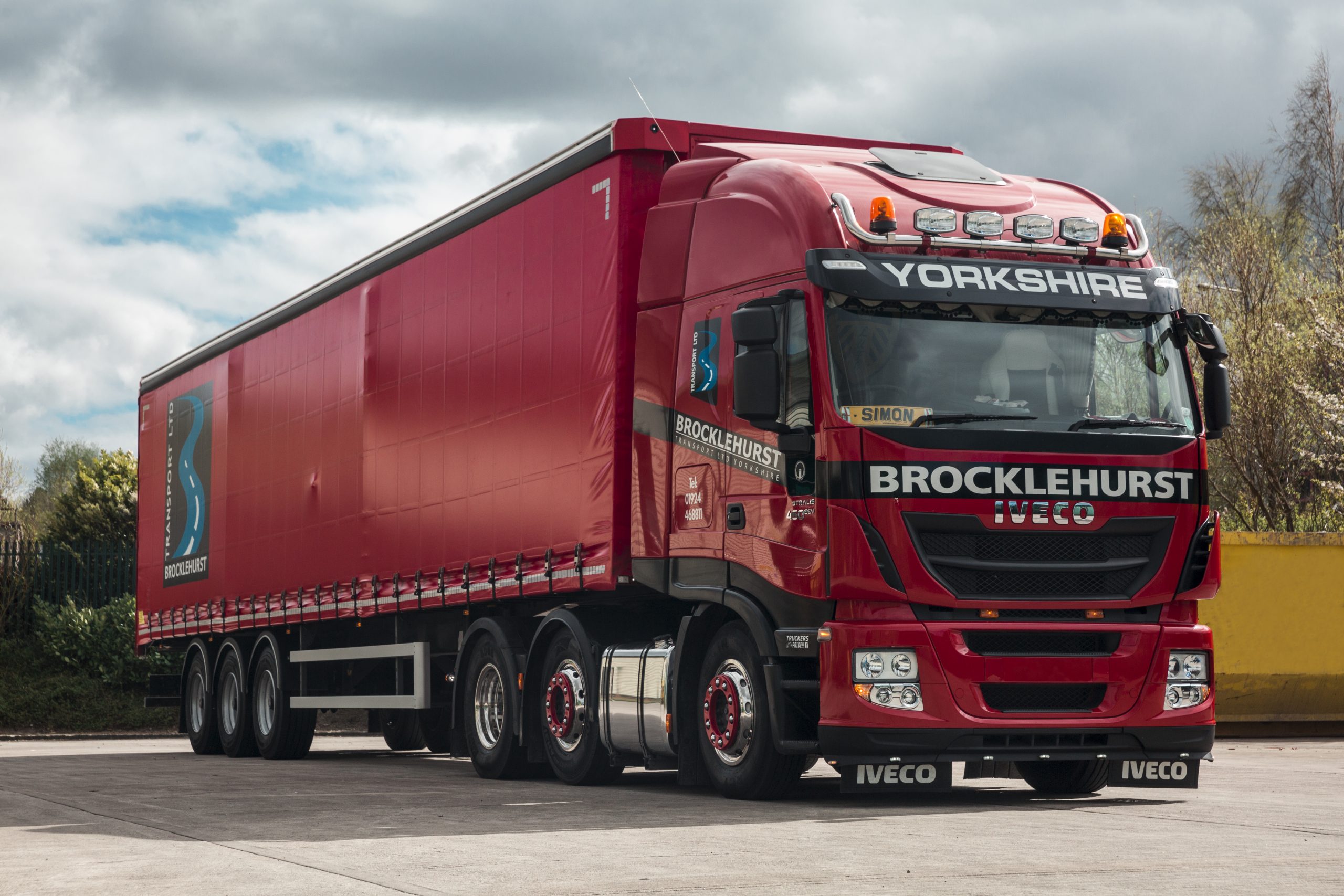Too much of the discussion around Brexit’s impact on the City has treated it as something of an inconvenience that must be “managed”. This is perhaps understandable — business rarely likes change, certainly not on this scale. But it’s time that we start talking about the opportunities Brexit will present to the City.
The conversation largely remains dominated by politicians, with some in the UK government championing “permanent equivalence”, while figures from the EU’s Michel Barnier to Sir Jon Cunliffe, deputy governor of the Bank of England, warn that significant divergence is both likely and necessary.
Such divergence is typically framed negatively, with the focus being on the possibility of the City losing unfettered access to the EU’s Single Market. However, I see two potential ways in which London’s financial institutions might not just survive but thrive from the opportunity presented once the transition period ends in December.
First, if the regulatory regime diverges even slightly from that of the EU by placing less onerous requirements on financial organisations, it can have a positive knock-on effect on UK banks’ performance and competitiveness
As we have seen in the US, a more flexible approach to regulation has been a contributing factor to the stronger recovery and greater profitability of the American banking industry over the past decade.
City advocacy groups are already eyeing a new regulatory framework beyond the Markets in Financial Instruments Directive (Mifid II) — the EU directive that instituted an extensive set of new obligations on banks, fund managers, brokers, exchanges, and underlying investors.
Overseen solely by the UK government, such a framework would inevitably better reflect the priorities of UK firms: maintaining financial stability and investor protections, without inhibiting the City’s global competitiveness.
The second and much less talked about opportunity is something over which financial institutions have far more direct influence. Long-established firms are in a constant struggle to keep pace with the technical requirements of regulatory change. Often, to meet tight deadlines, changes are shoe-horned into existing architectures at the expense of technical progress and evolution. This was the experience for many European banks around Mifid II’s adoption.
That represented a huge missed opportunity. The ultimate goals of new regulations are not necessarily detrimental to banks’ commercial interests. In fact, as with Mifid II, they are often directly aligned. For example, the requirement to comprehensively categorise and record all customer interactions, if done properly, can be an accelerator for better customer relationship management and risk control.
Technological advancement is already driving the reconfiguration of banks’ tech systems. The City should embrace divergence not simply as a new box-ticking requirement, but as an opportunity to expand outside of constraints and give London’s financial services the technological edge over its international competitors.
While we may be a long way from knowing where the chips will fall, and a clean break may remain the less likely outcome, firms must stop undervaluing the possibility and start considering the opportunities for the financial services industry.
Read More – www.cityam.com



